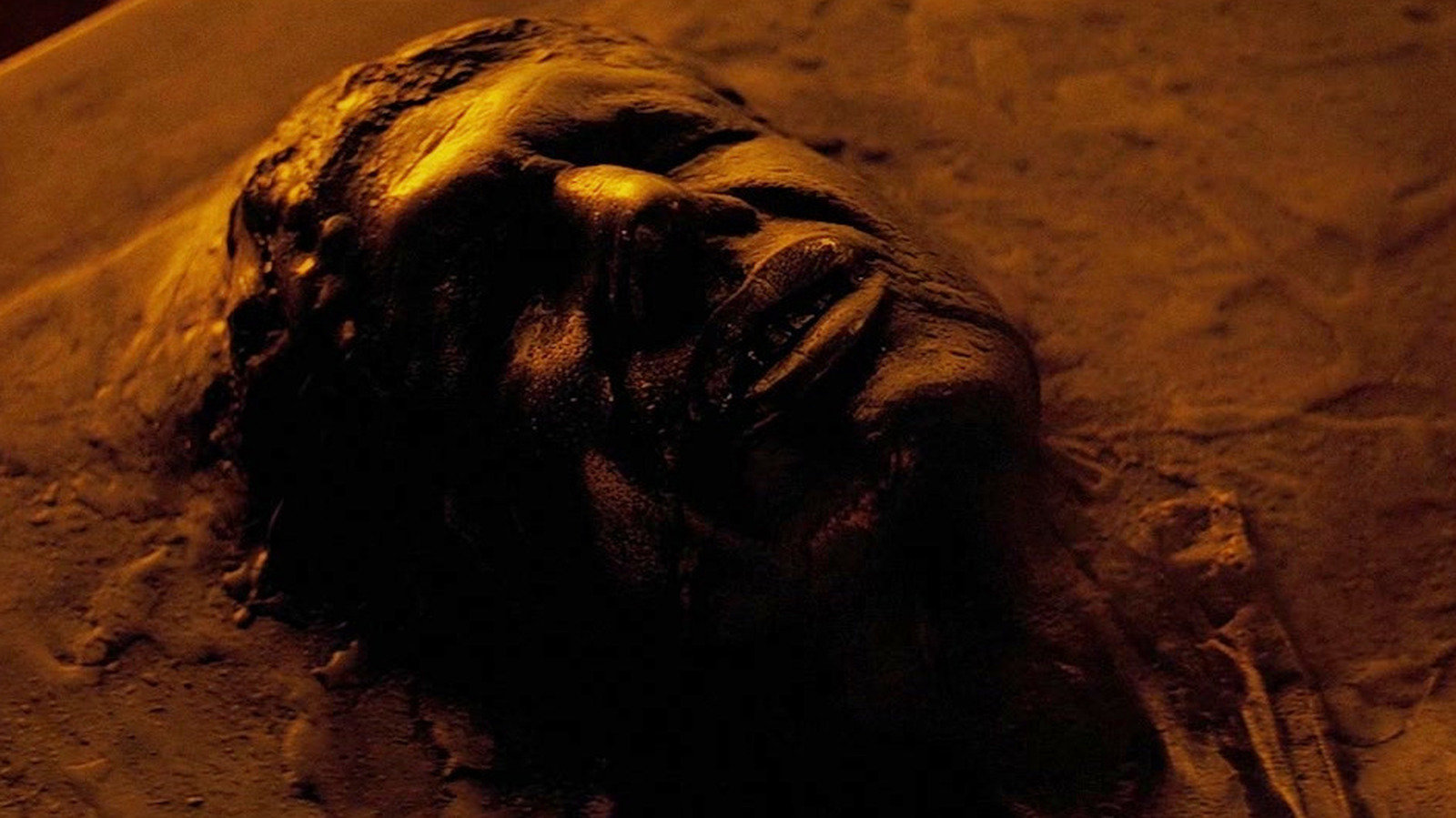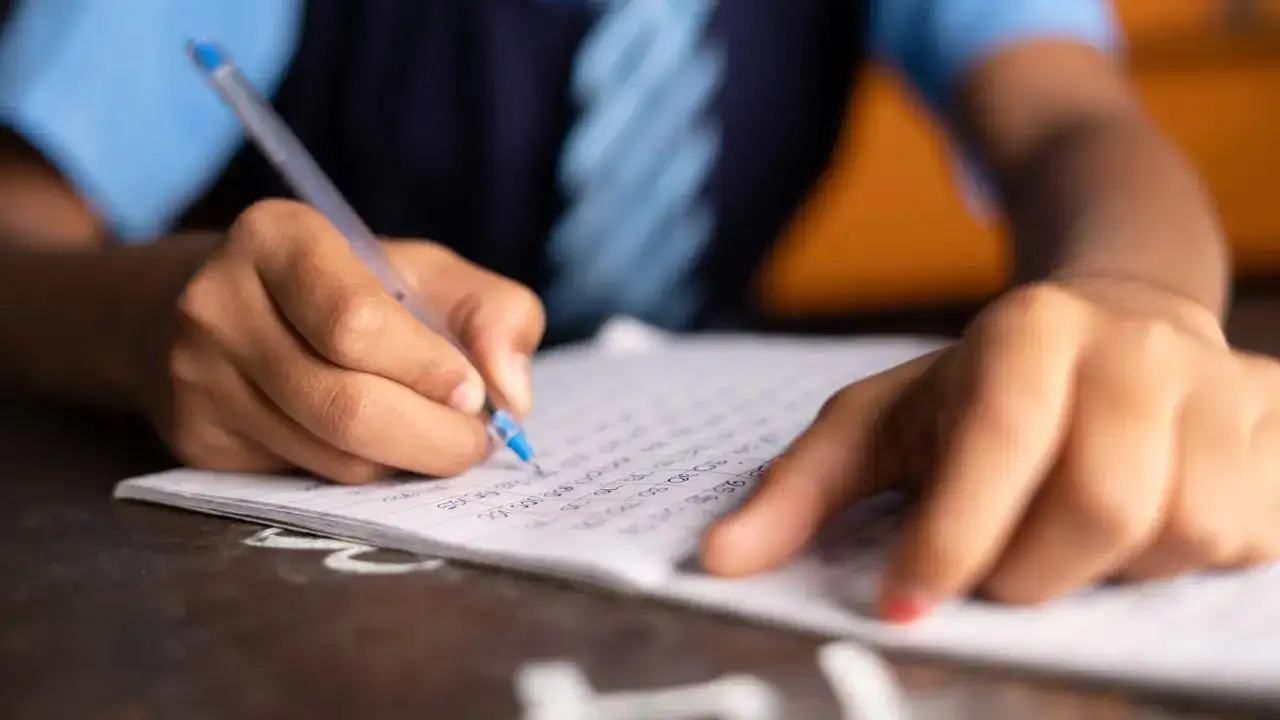Despite New Law to Facilitate Reporting of Public-Health Emergencies, COVID-Whistleblower Zhang Zhan Sentenced to Four More Years in Prison
By Cindy Carter
Copyright chinadigitaltimes

Citizen journalist and COVID-whistleblower Zhang Zhan, who spent four years in prison for her in-depth reporting from Wuhan in the early days of the pandemic, was sentenced to another four years in a closed-door trial in Shanghai on September 19. International diplomats and observers were denied entry to the trial, and it is not known whether Zhang had any legal representation. Press-freedom and human-rights groups condemned the latest sentence, widely viewed as retaliation for Zhang’s continued outspokenness about China’s human-rights violations against prisoners, political dissidents, and whistleblowers. A statement from U.N. Human Rights Office spokesperson Jeremy Laurence called Zhang’s sentencing “on the vague and ill-defined charge of ‘picking quarrels and provoking trouble’ […] deeply disturbing. […] We call for her immediate and unconditional release.”
Zhang’s sentencing comes on the heels of a new law, scheduled to take effect on November 1, that aims to improve China’s early-warning and response system for public-health threats “by empowering individuals and allowing them to report emergencies, bypassing the government’s usual hierarchical structure.” Xinhua reported that the law will require “medical institutions and on-duty staff to report actual or potential public health emergencies through the online direct reporting system within two hours. Individuals or groups should also report such cases immediately to local authorities or disease control agencies, and those whose reports are later found not to be a public health emergency will not face legal liability.” But given the harsh treatment meted out to journalists such as Zhang Zhan and medical professionals such as Dr. Li Wenliang who attempted to alert the public to the then-emerging coronavirus, it is unclear whether ordinary citizens will be willing to risk reporting emergencies to the Chinese authorities, even under the auspices of the new law. The Chinese government continues to employ censorship, harassment, and prosecution (on such charges as rumor-mongering and picking quarrels) to deter whistle-blowers who have attempted to call attention to safety issues with generic medicines, the use of unwashed fuel tankers to transport cooking oil, the mass lead poisoning of hundreds of kindergarteners in Gansu Province, and other food- and consumer-product safety scandals.
At The Guardian, Amy Hawkins reported on international reactions to Zhang Zhan’s sentencing:
Jeremy Laurence, a spokesperson for the UN human rights office, said reports of Zhang’s rearrest and sentencing were “deeply disturbing”.
He said: “This is the second time Zhang has been convicted and subjected to a custodial sentence for this offence. We call for her immediate and unconditional release.”
Aleksandra Bielakowska, an advocacy manager for RSF [Reporters Without Borders], said Zhang’s sentence was “utterly appalling, adding that the citizen journalist “should be celebrated globally as an ‘information hero’, not trapped in brutal prison conditions”.
Zhang is thought to have lived under close surveillance since being released in May last year after her first four-year term in prison. In August 2024, she was detained and later charged with “picking quarrels and provoking trouble”, with her indictment citing posts on social media that “seriously damaged the country’s image”. The authorities have not publicly confirmed what the specific offending social media posts were. [Source]
A piece from Reporters Without Borders (RSF) described the secrecy surrounding Zhang’s detention and closed-door trial:
According to RSF sources and independent Chinese human rights groups, including Weiquanwang, Zhang Zhan was sentenced to four years in prison on fabricated charges of “picking quarrels and provoking trouble” on 19 September 2025 following a closed-door trial.
The 2021 RSF Press Freedom Award laureate has been cut off from the outside world for more than a year, with her whereabouts and conditions kept secret. On the day of her trial at the Pudong New Area People’s Court in Shanghai, diplomats from at least seven countries were denied entry. At least five activists seeking to observe proceedings were also barred from entering and, in some cases, briefly detained.
On 21 September, both the United Nations’ Office of the High Commissioner for Human Rights and the European Commission condemned the sentencing of Zhang Zhan and called for her immediate and unconditional release. [Source]
Reuters’ Clare Jim, Jessie Pang, and Branda Goh reported on Zhang’s pandemic reporting, the four years she spent in prison (during which time she went on a hunger strike to protest ill-treatment), and the recent trial and sentencing:
Friday’s sentencing followed Zhang’s reporting on China’s human rights abuses, RSF said. Her former lawyer Ren posted on X that the new charges were based on Zhang’s comment on overseas websites and she should not be deemed guilty.
China’s authorities have never publicly specified what activities Zhang was charged for.
“This is the second time Zhang Zhan has faced trial on baseless charges that amount to nothing more than a blatant act of persecution for her journalism work,” said Beh Lih Yi, Asia-Pacific director for the New York-based Committee to Protect Journalists. “Chinese authorities must put an end to the arbitrary detention of Zhang, drop all charges, and free her immediately.” [Source]
The Committee to Protect Journalists (CPJ) outlined the circumstances of Zhang’s re-arrest late last summer, following her continued efforts to bring attention to China’s suppression of human rights and free speech:
Zhang was arrested in August 2024, not long after launching a YouTube channel where she reported stories ranging from a live-streamed interview with Liu Dongbao, who petitioned officials to investigate his treatment while in detention, to documentation of living conditions in China.
Her arrest came just three months after finishing a four-year prison sentence for her coverage of the COVID-19 outbreak in Wuhan, which included interviews with local business owners impacted by the pandemic, and with workers who struggled to find employment in the city.
In May, CPJ joined 58 other organizations in issuing a joint statement demanding Zhang’s immediate release and condemning the Chinese government for her continued arbitrary detention.
China was the world’s worst jailer of journalists with 52 behind bars as of December 1, 2024, according to CPJ’s research. [Source]



